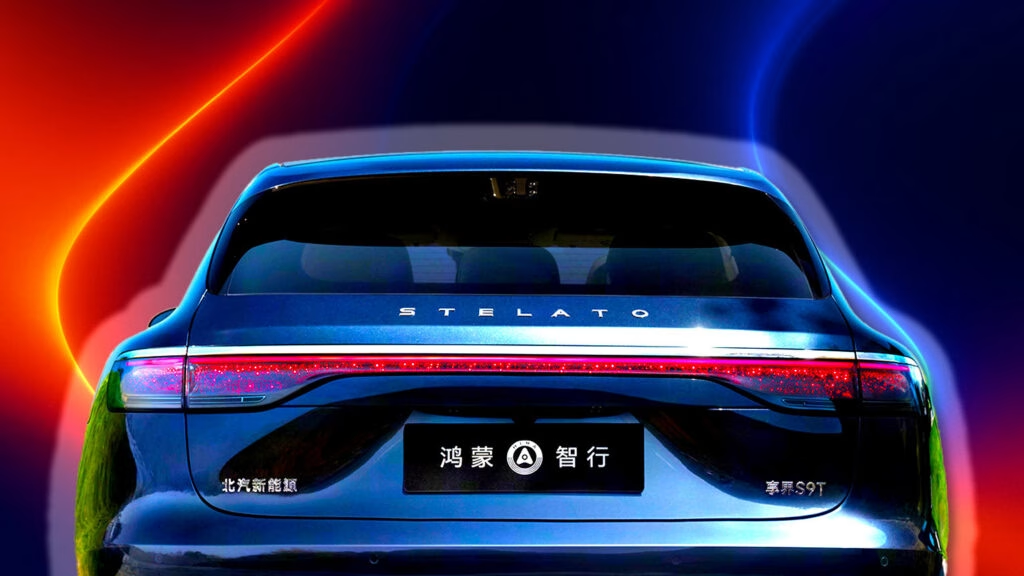Why Is China Cracking Down on Online Car Disinformation?
If you’ve spent any time on Chinese social media lately, you’ve probably noticed the chatter around electric vehicles (EVs) and homegrown car brands. But behind the memes and viral videos, there’s a serious issue brewing: a surge in online disinformation targeting China’s booming auto industry. In response, the Chinese government has kicked off a three-month campaign to root out false claims, exaggerated advertising, and outright slander that’s been spreading like wildfire across platforms such as Douyin (China’s version of TikTok).
So, what’s driving this crackdown? For starters, the stakes are high. China’s domestic automakers are now global heavyweights, with some experts predicting they’ll command a third of the world’s car market by the end of 2023. With that kind of growth, reputations matter more than ever. False narratives—whether they’re about safety, technology, or reliability—can do real damage, not just to brands but to consumer trust and even national pride.
How Does Disinformation Spread in China’s Auto Industry?
Disinformation in the Chinese auto world isn’t just a few rogue posts here and there. It’s become a full-blown phenomenon. Sometimes, it’s ordinary users sharing dramatic crash videos or rumors about defective batteries. Other times, it’s suspected that rival automakers are fanning the flames, using anonymous accounts to undermine competitors.
Take the recent case involving Li Auto. The company posted a video showing one of its SUVs colliding with a truck from Dongfeng Liuzhou Motor. The SUV came out looking almost unscathed, while the truck’s cab was totaled. The implication? Li Auto’s build quality is superior. But Dongfeng wasn’t having it, and after public backlash, Li Auto issued an apology. This isn’t just a PR spat—it’s a glimpse into how viral content can shape perceptions and spark corporate feuds.
The government’s new enforcement campaign, led by the Ministry of Industry and Information Technology, aims to clamp down on exactly these kinds of tactics. Officials have promised to target not only false information but also illegal business practices and misleading ads. The message is clear: play fair, or face the consequences.
What Are Automakers Doing to Protect Their Brands?
It’s not just regulators getting tough—automakers themselves are fighting back. MG, for example, has put serious money on the table, offering rewards up to 5 million yuan (about $703,000) for tips on malicious social media accounts. BYD, another major player, has launched a similar bounty program, with rewards ranging from 50,000 to 5 million yuan.
Why the big bounties? Because the reach of online influencers is staggering. In 2023, a Douyin creator with 5.4 million followers posted a series of videos mocking drivers of a new EV startup. Even after the account was suspended in mid-2024, the reputational hit had already landed. For automakers, a viral smear campaign can mean millions in lost sales and years of brand-building undone overnight.
Are These Efforts Actually Working?
It’s early days, but there are signs the crackdown is making waves. Social media platforms have started suspending accounts accused of spreading falsehoods, and companies are more proactive about responding to negative stories. At the same time, the government’s involvement sends a strong signal that the auto industry is a matter of national interest—not just a business concern.
Still, the challenge is huge. Disinformation is slippery by nature, often blending fact with fiction and spreading faster than official corrections can keep up. And with the sheer volume of content generated every day, even the most aggressive enforcement can feel like a game of whack-a-mole.
What Does This Mean for Consumers and the Global Market?
For Chinese consumers, the hope is that these efforts will lead to clearer, more reliable information when shopping for a car. No one wants to make a big purchase based on a viral rumor or a doctored crash video. For the global market, it’s a reminder that reputation management is now a high-stakes, high-tech game—especially as Chinese brands expand overseas.
There’s also a broader lesson here about how digital platforms shape real-world industries. As cars become more connected and software-driven, the line between tech and transportation keeps blurring. That means automakers—and regulators—have to be just as savvy online as they are on the factory floor.
The big takeaway? Navigating the world of online car chatter isn’t about perfection—it’s about smarter adjustments. Start with one change this week, whether it’s double-checking a viral claim or following a trusted source, and you’ll likely spot the difference by month’s end.

